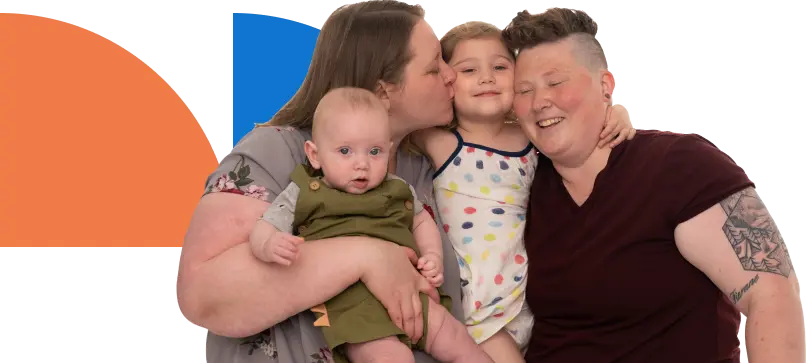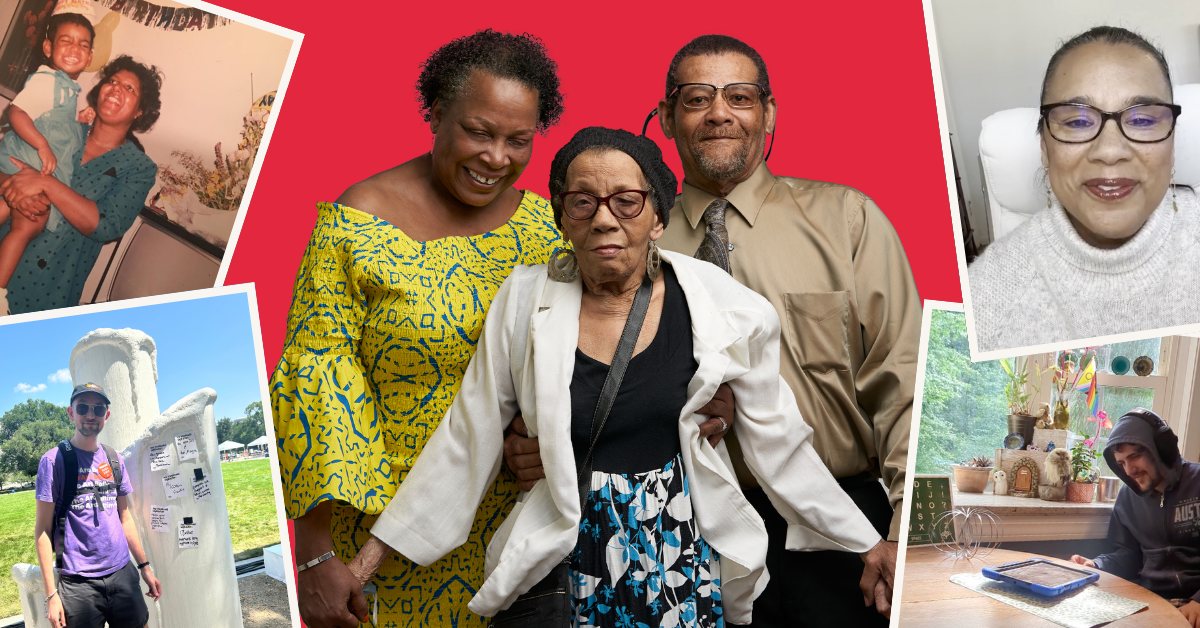
Zen Caregiving Project is a non-profit organization that teaches mindfulness-based tools and techniques to caregivers to build their emotional resilience, reduce their stress stress and improve wellbeing.
What is Mindfulness?
Mindfulness is a state of mind that allows you to pay attention to the present moment, on purpose, and without judgment. Sounds simple, right? But often we aren’t in the present moment. Instead our minds whizz ahead to all the tasks on our to-do list and what might happen next week. Or we are thinking about the past; did we do or say the right thing? What should we have done?
This distraction from the present moment is normal, and happens to everyone. The real practice in mindfulness is noticing that you are distracted, then gently bringing yourself back to the present moment. There are many techniques to help you stay present, for example, you can focus on your breath, listen to the sounds around you, or focus on touch, like the feeling of your feet as they rest on the floor. For more on mindfulness please see a list of resources here.
How Can Mindfulness Help in Caregiving?
Spending time in the present moment, free from the worries of the future or regrets of the past, is nourishing for the mind and body. Science has backed this up, with studies showing that mindfulness can lower stress and anxiety, help with sleep and increase wellbeing. There are also specific benefits of mindfulness for anyone providing care to others.
- Mindfulness can help reduce your stress and anxiety in you and the person you are caring for.
Reduced stress and increased feelings of calm are what we would all like to experience, and less stress is associated with improved mental and physical health. But feeling more calm can also help the person you are caring for. When calmer, you are able to manage situations and interactions more thoughtfully, taking a moment to stop, be present and respond, rather than reacting immediately in a way you may later regret. Feeling calmer can also be contagious. We have all experienced being with someone who is very anxious and how that can leave us feeling unsettled too. In the same way, if you are feeling calmer the person you are caring for will notice this and may be calmed by it as well.
- Mindfulness increases concentration and reduces the likelihood of making mistakes
As a caregiver you are probably an expert in multi-tasking, but sometimes doing too many things at once means that tasks take even longer. It’s also proven that multi-tasking is cognitively tiring. Mindfulness helps you to focus your attention on one thing at a time, reducing fatigue. It also reduces the likelihood of error as you are a lot less likely to make mistakes if you have all our attention on the task at hand.
- Mindfulness supports better self-care
Many of us spend a lot of time dwelling on negative thoughts about past events that we can’t change and worrying about future events that haven’t happened yet. Mindfulness helps to interrupt those looping thoughts and helps us see the difference between our thoughts and what is actually happening right now.
Being more aware of our present moment experience also helps with self-care, something that caregivers often overlook. With a mindfulness practice you can notice sooner when you feel tired, or are having an emotional experience, and make sure you stop and look after yourself.
Building Mindfulness into your life
Mindfulness doesn’t have to be complicated or another task on your “to do” list. Below are a few simple ways to be present throughout your day.
- Throughout the day, take three deep breaths, and focus on how the breath feels in your body.
- When doing a chore bring your full attention to that chore. For example, If you are washing dishes, bring your attention to what it feels like to have the running soapy water on your skin.
- When you hear a siren, or traffic noise or cell phone ring, stop and listen to the sound – it’s quality, it’s volume, how it changes over time and the quiet left after it has gone.
- When brushing your teeth, bring your focus to what it feels like in your arm holding the brush, or in your mouth with the bristles on your teeth, gums and tongue.
And if you’d like to learn more about mindfulness and how it can support you in your caregiving please visit Zen Caregiving Project , where there are courses you can join, free webinars to watch, and a list of further resources.
Naomi Stoll is the Research and Development Director at Zen Caregiving Project, a non-profit that teaches practical, mindfulness-based approaches to caregivers to reduce their stress and build their wellbeing and resilience. In her role, Naomi works to make Zen Caregiving Project’s teaching and courses accessible and available to as many caregivers as possible. Naomi has a long-standing meditation practice and volunteers at Laguna Honda Hospital, San Francisco, as part of the Zen Caregiving Project Volunteer program.




